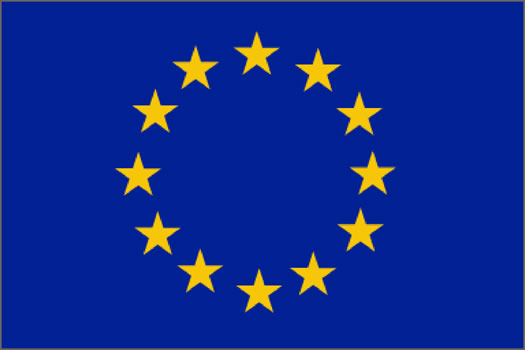The European Union has announced a €10.4mn investment in the Nigeria Solar for Health Project, an initiative aimed at powering 100 primary healthcare centres across the country with reliable and sustainable solar energy solutions.
Speaking at a workshop for project developers in Abuja, on Tuesday, the Head of Section, Green & Digital Economy at the EU, Inga Stephanowicz, said the initiative underscores the EU’s commitment to enhancing Nigeria’s healthcare system through sustainable energy access.
“This €10.4m initiative, funded by the European Union, marks a milestone in the project’s implementation in Nigeria.
“NISHP will ensure 24-hour access to clean, efficient, and reliable energy for participating public healthcare facilities across the country, “she said.
Stephanowicz added that the project would go beyond powering hospitals.
“It is designed to contribute to broader socio-economic development. By collaborating with state governments, private sector partners, and local communities, the EU is helping Nigeria achieve its development and sustainability goals, “ she added.
According to her, the first phase of the project would provide solar energy to 45 healthcare facilities in selected states.
“The effort is expected to expand to 100 facilities by the project’s completion in 2027. The project is already underway in Abia, Akwa Ibom, Ogun, Plateau, and Enugu states, with additional states expected to join, “ she added.
The Team Lead of NISHP, Nasiru Bello, highlighted the transformative potential of the project.
He said, “By leveraging solar power, Nigeria can improve healthcare outcomes, increase electricity access, and promote economic growth.
“The NISHP is a step toward a brighter, more sustainable future for Nigeria’s healthcare sector.”
He also noted that the initiative would not only benefit hospitals but also small and medium-sized enterprises and telecom infrastructure located near health centres, thus fostering economic development.
The Stakeholders Engagement expert for the project, Tinyan Ogiehor, emphasised the importance of the initiative in rural areas, where electricity supply remains unreliable or unavailable.
“By providing reliable and sustainable solar energy solutions to primary healthcare centres, the project will enhance medical care, vaccine storage, and emergency services.
“It will also help reduce reliance on fossil fuels, mitigate climate change, and promote clean energy adoption,” Ogiehor said.
The roundtable workshop brought together key stakeholders, including state officials, private sector players, and technology service providers, to align strategies and ensure the successful completion of the project by 2027.
